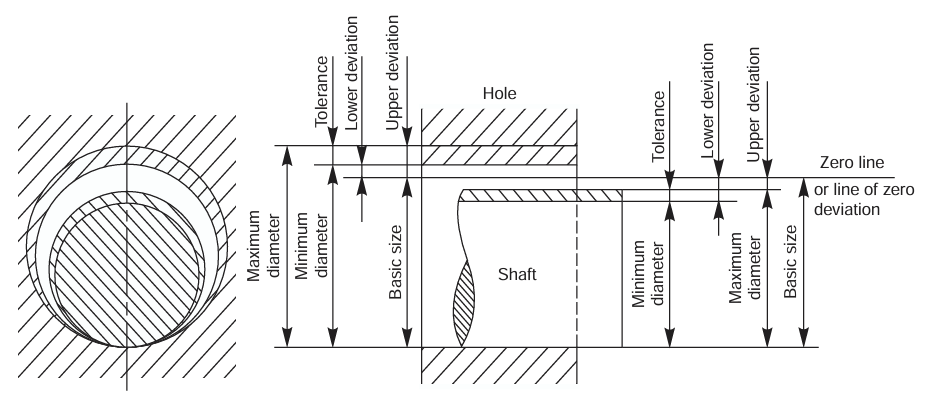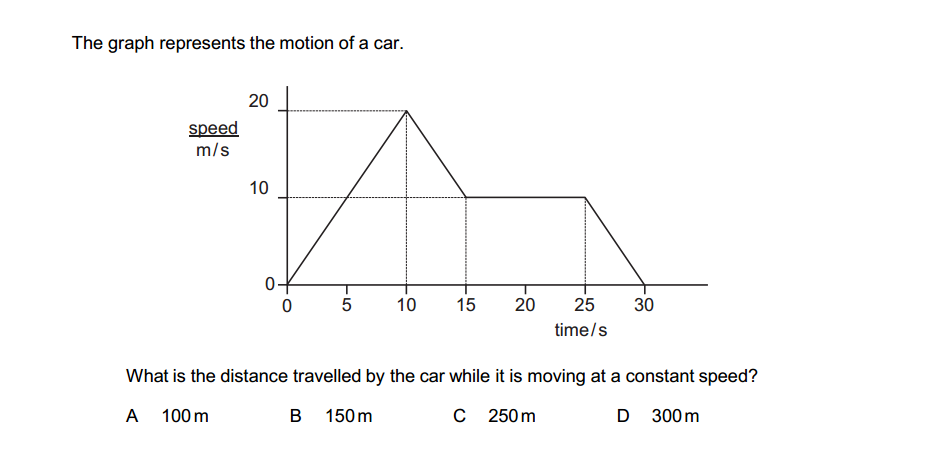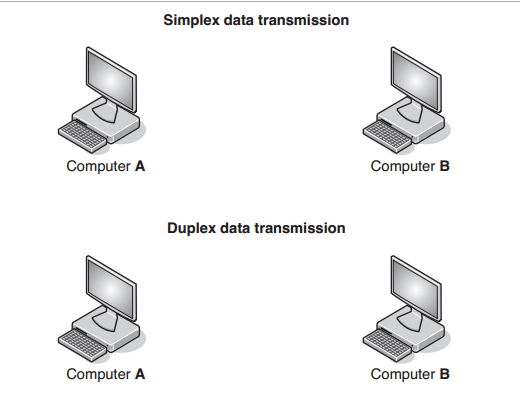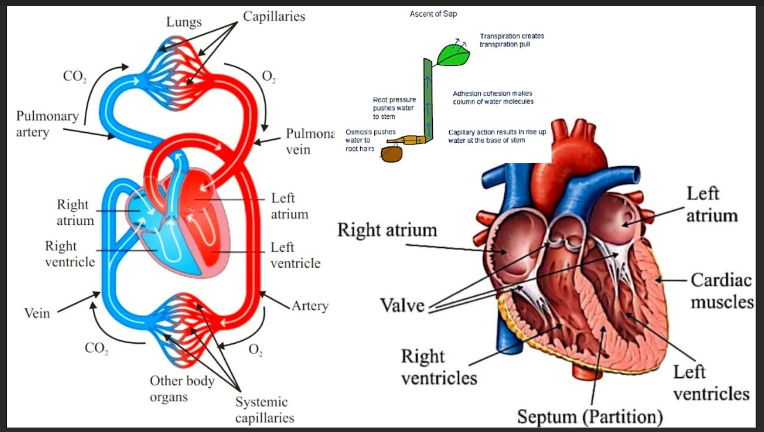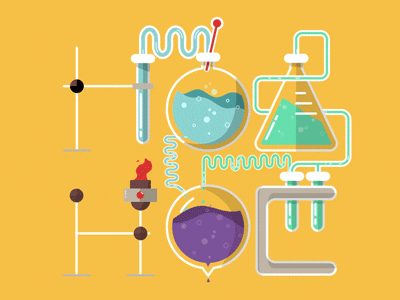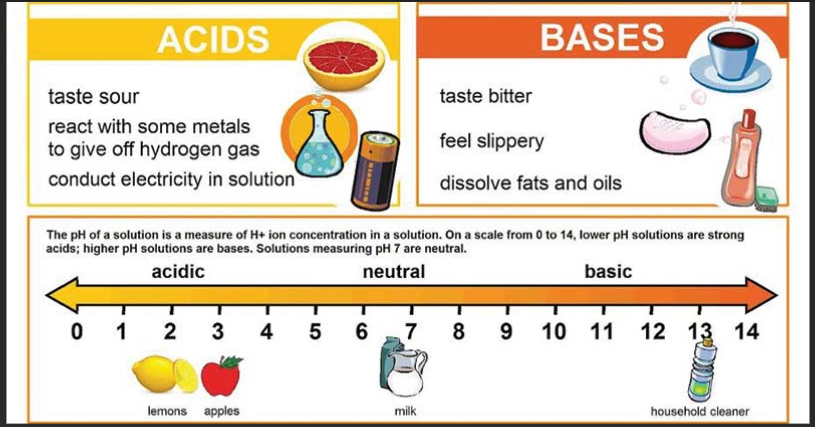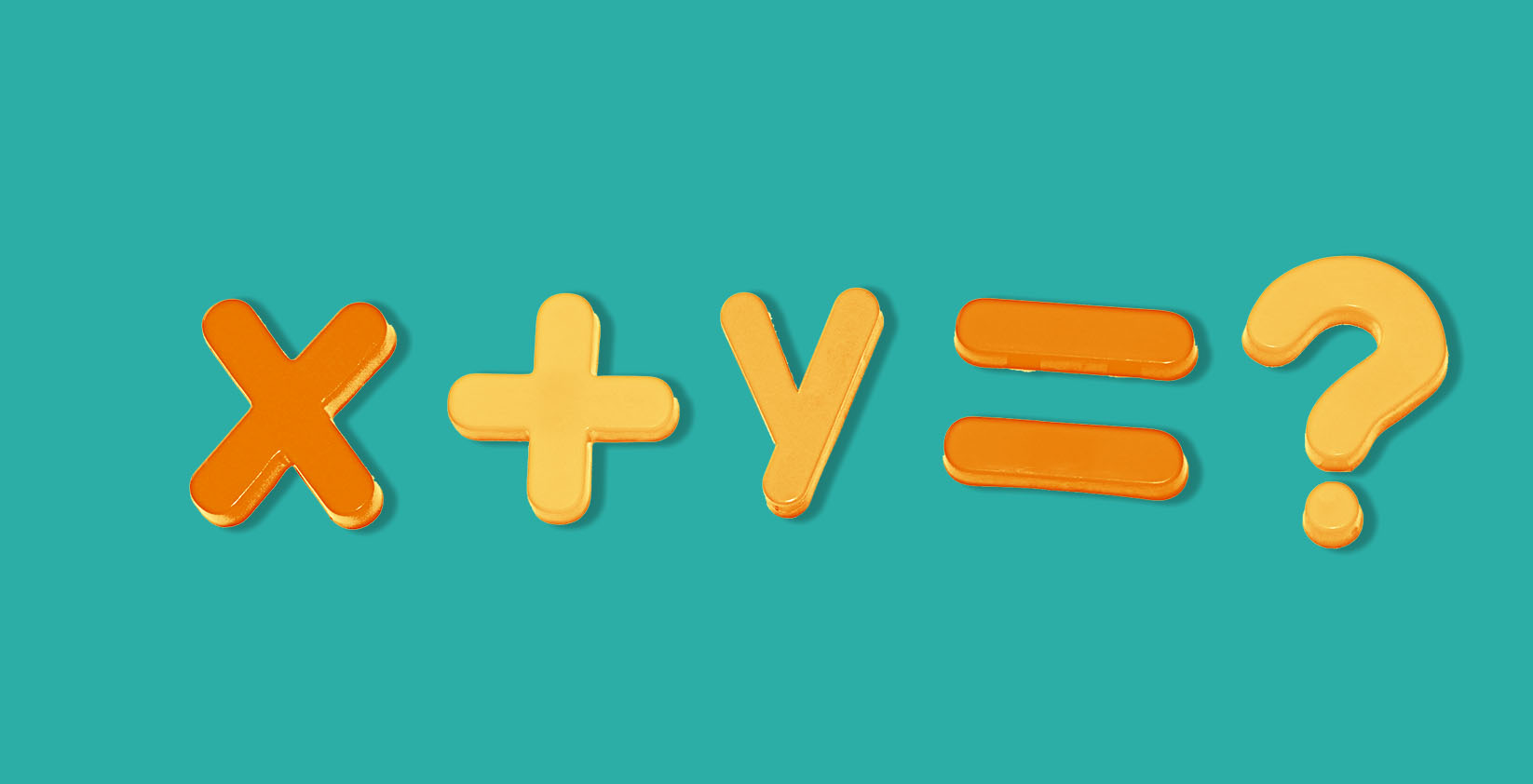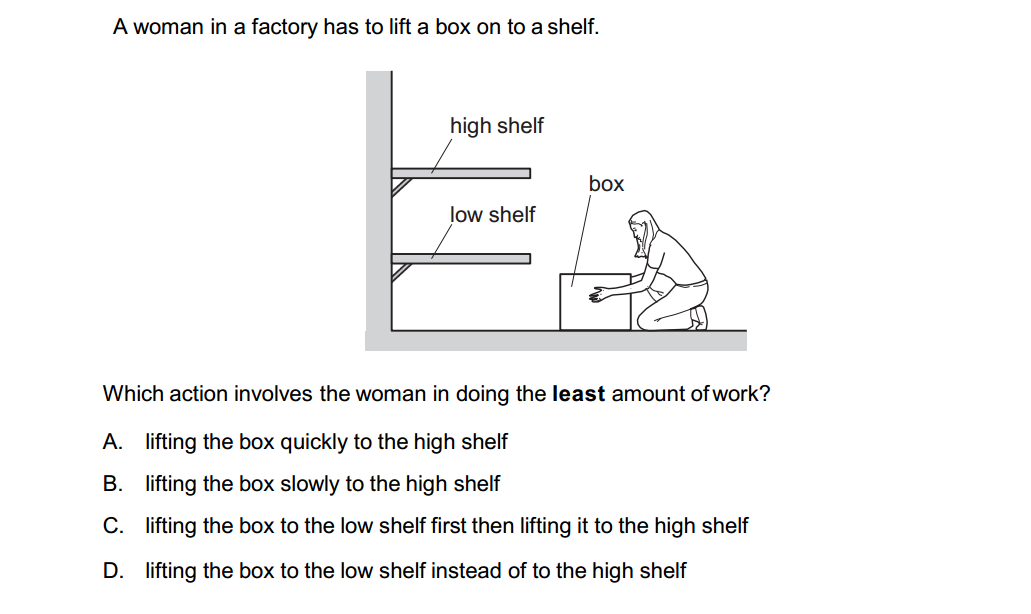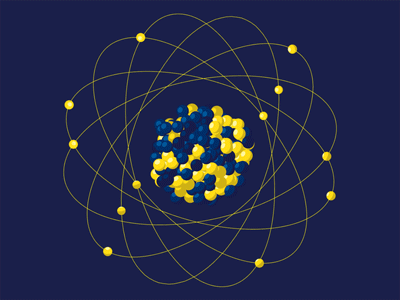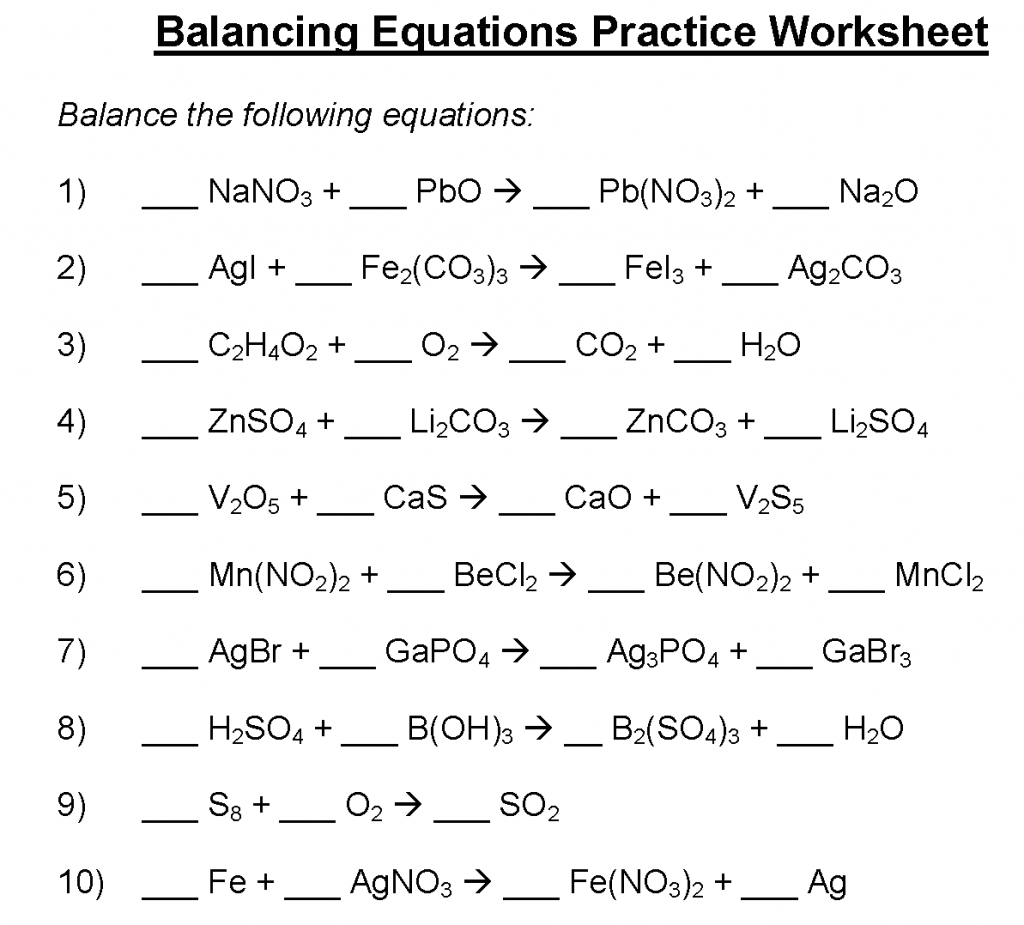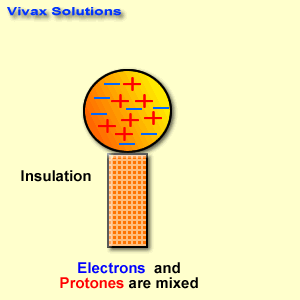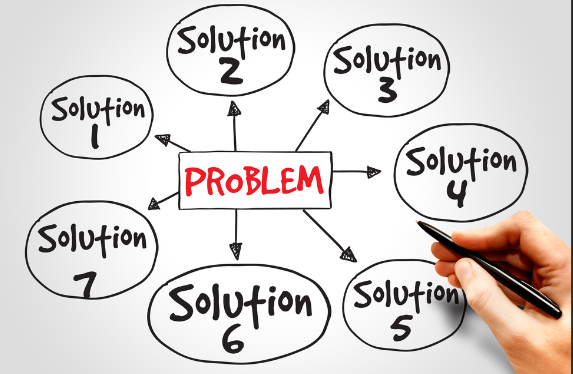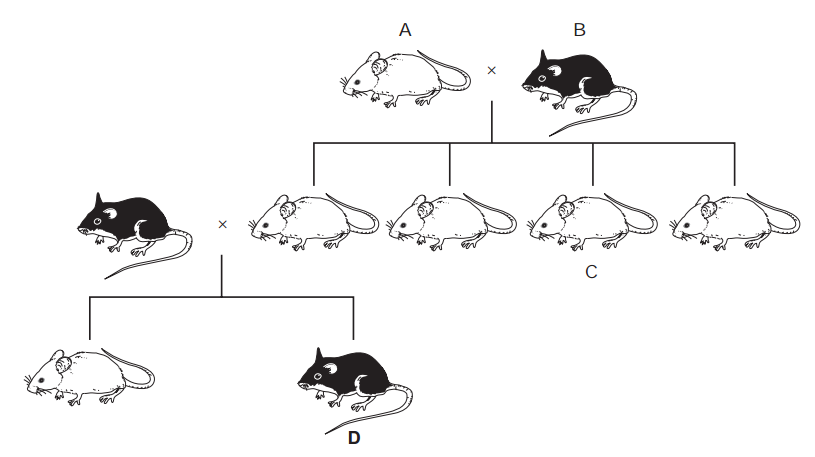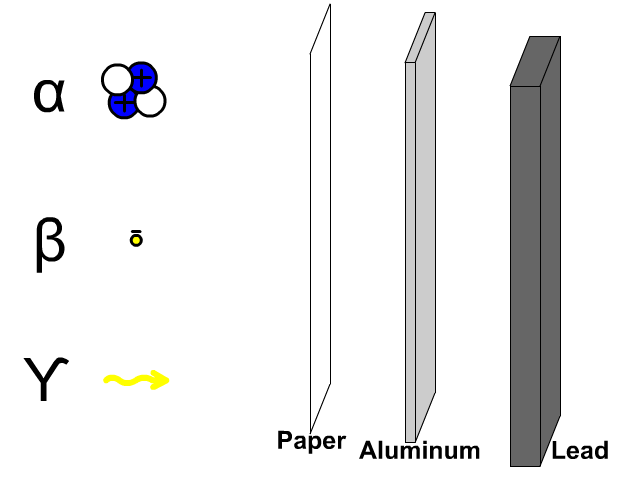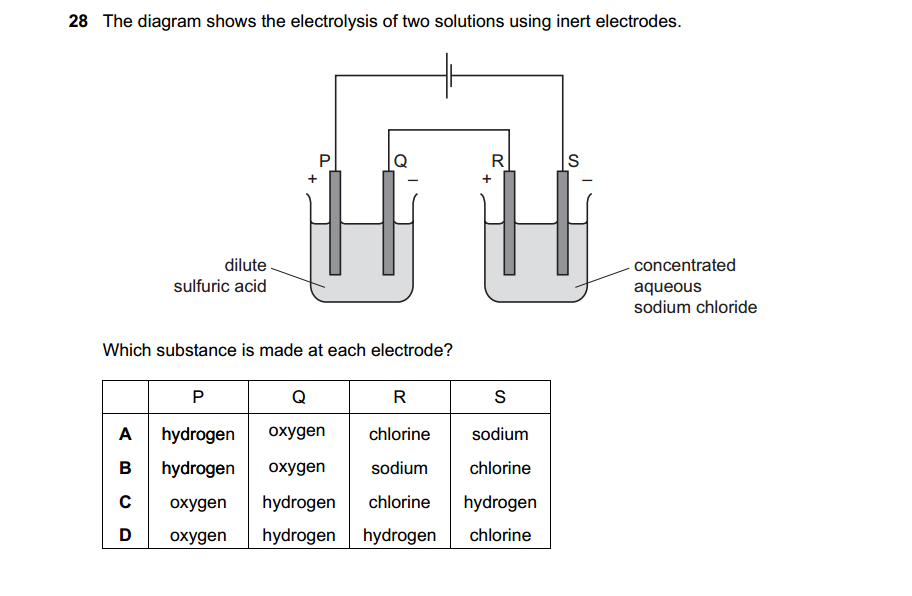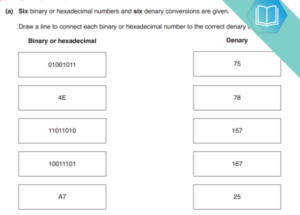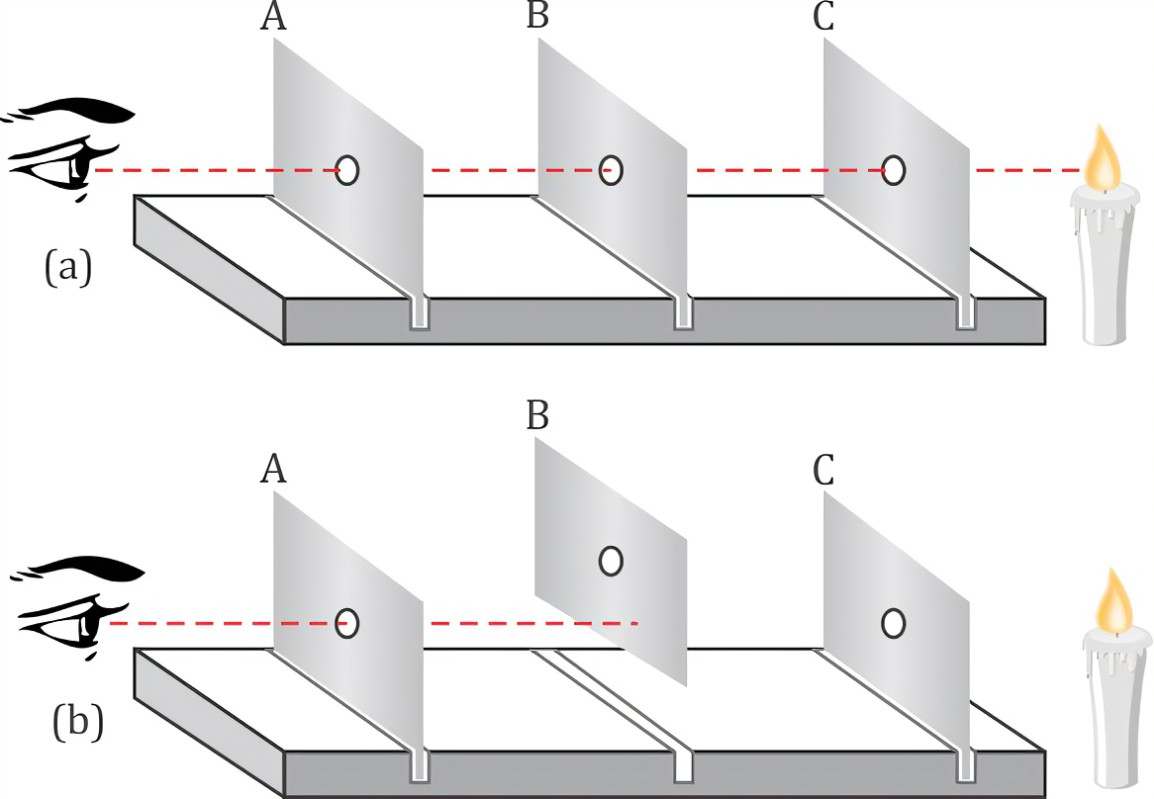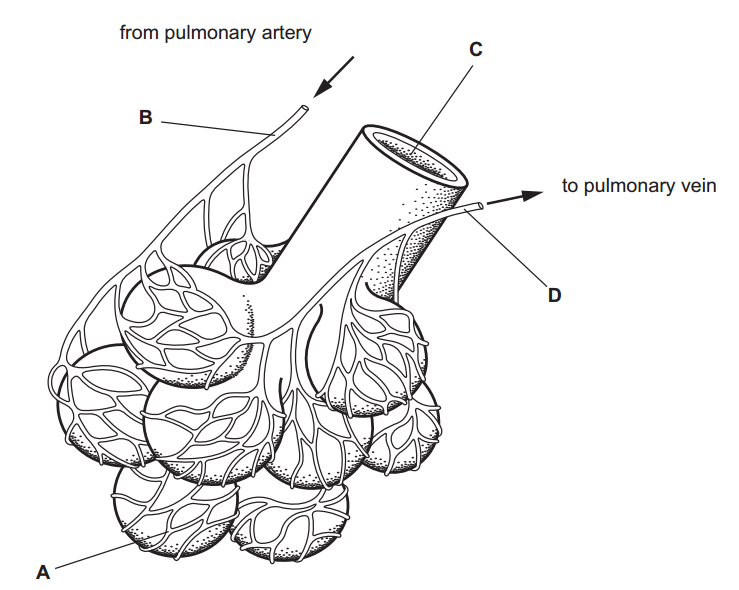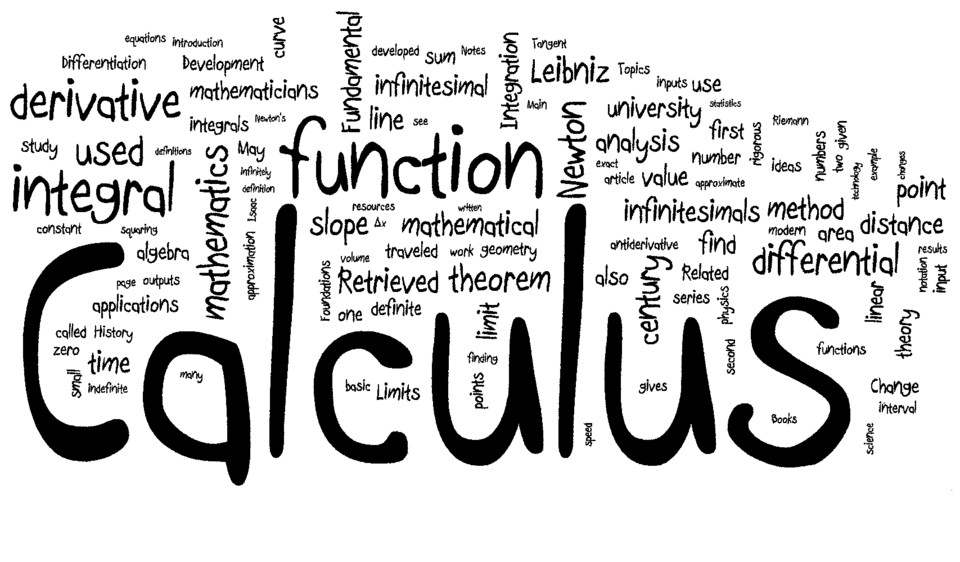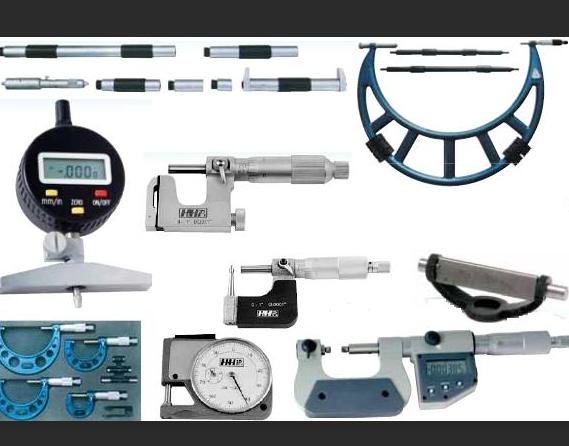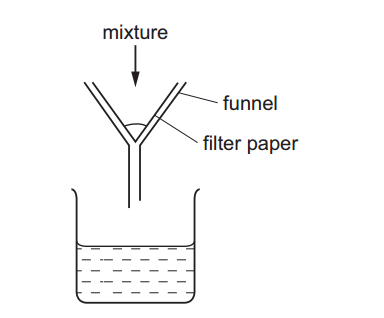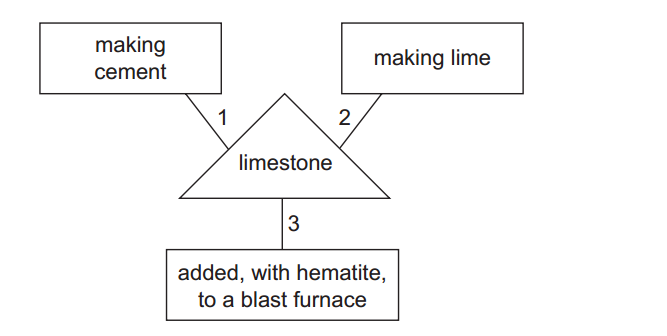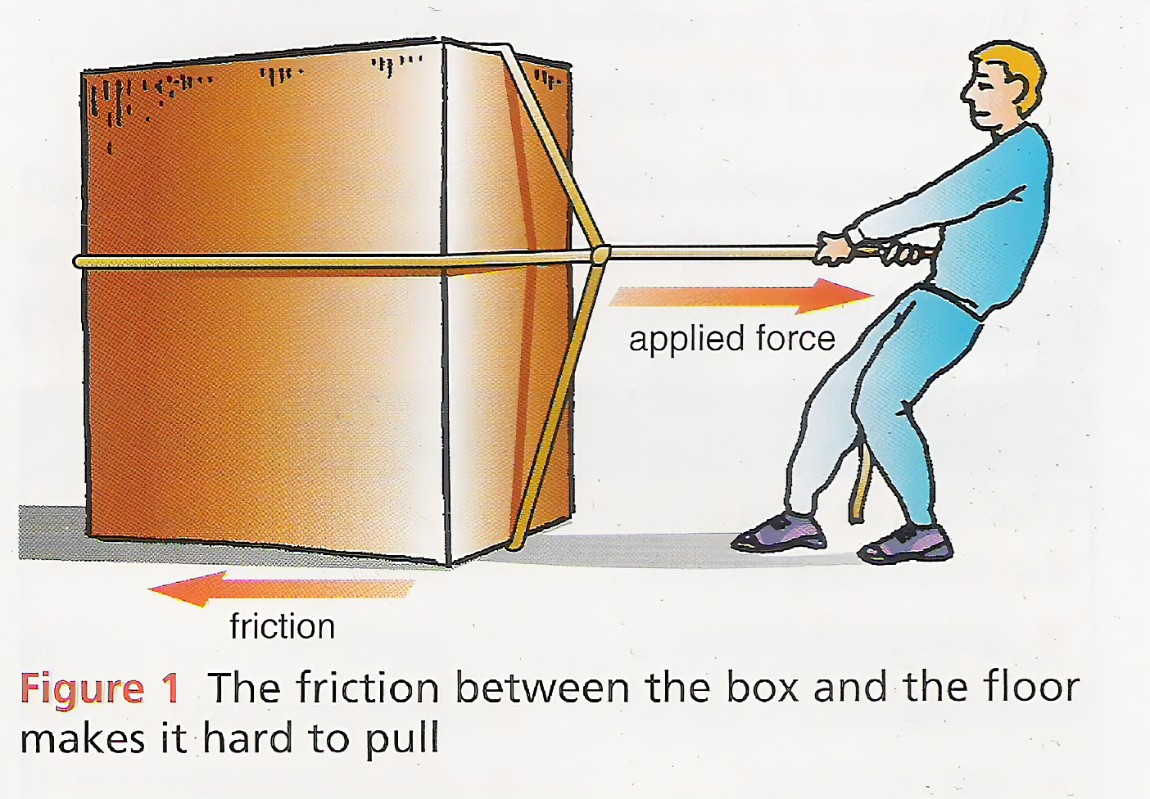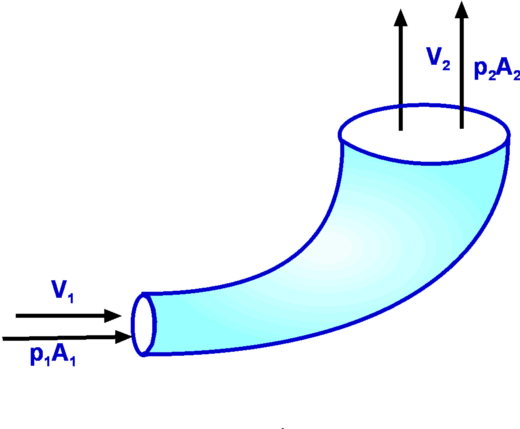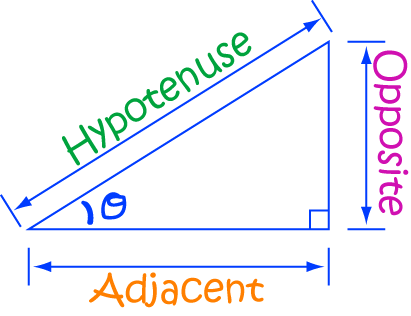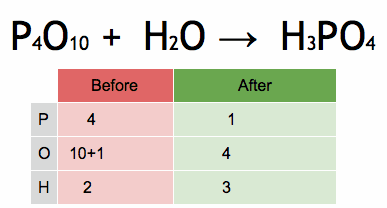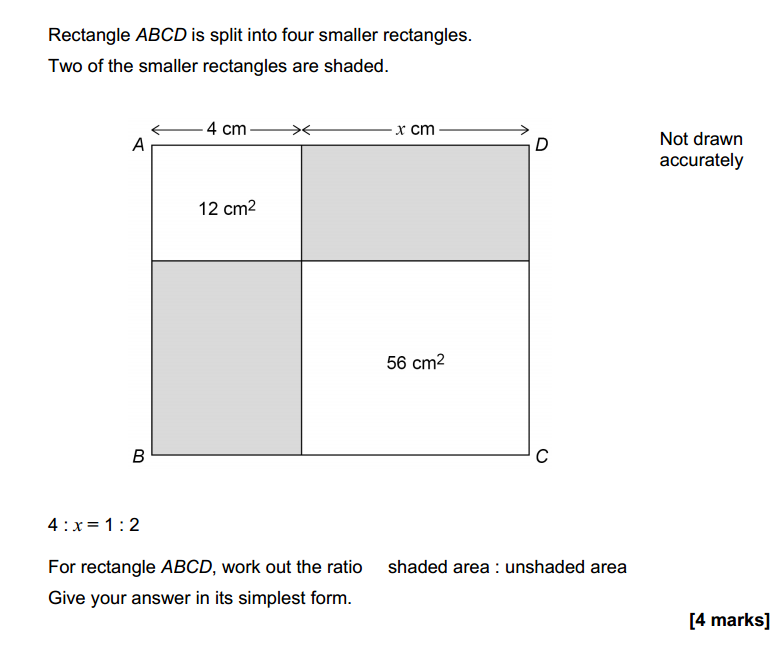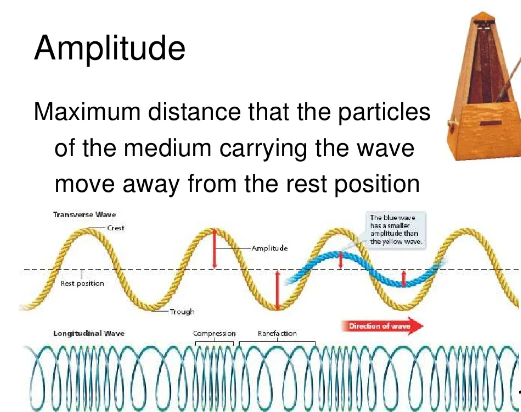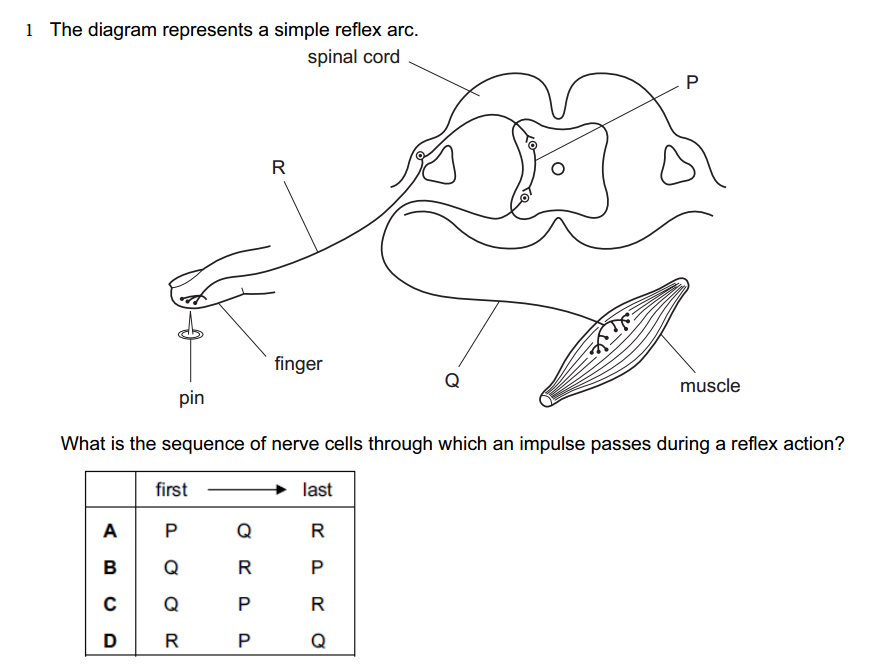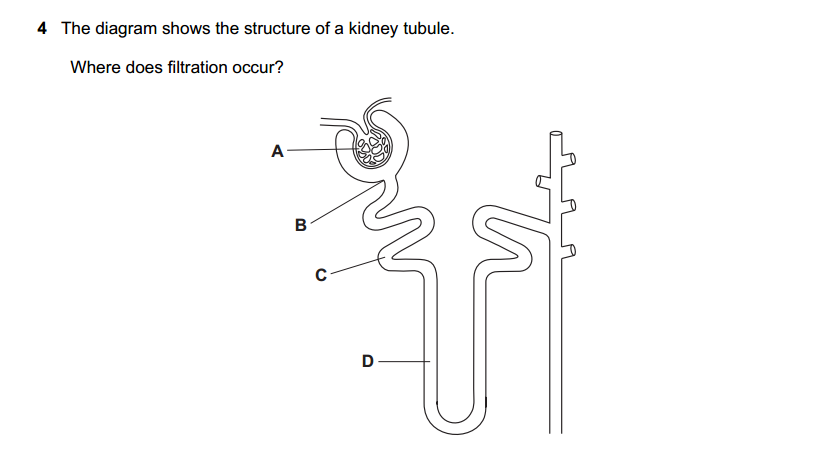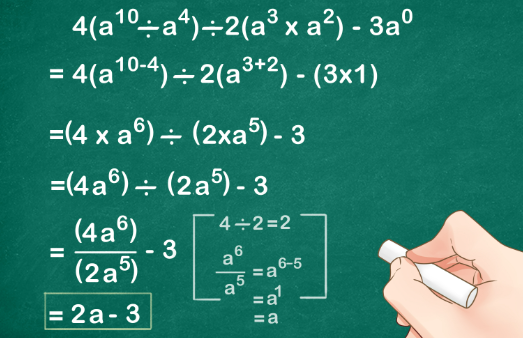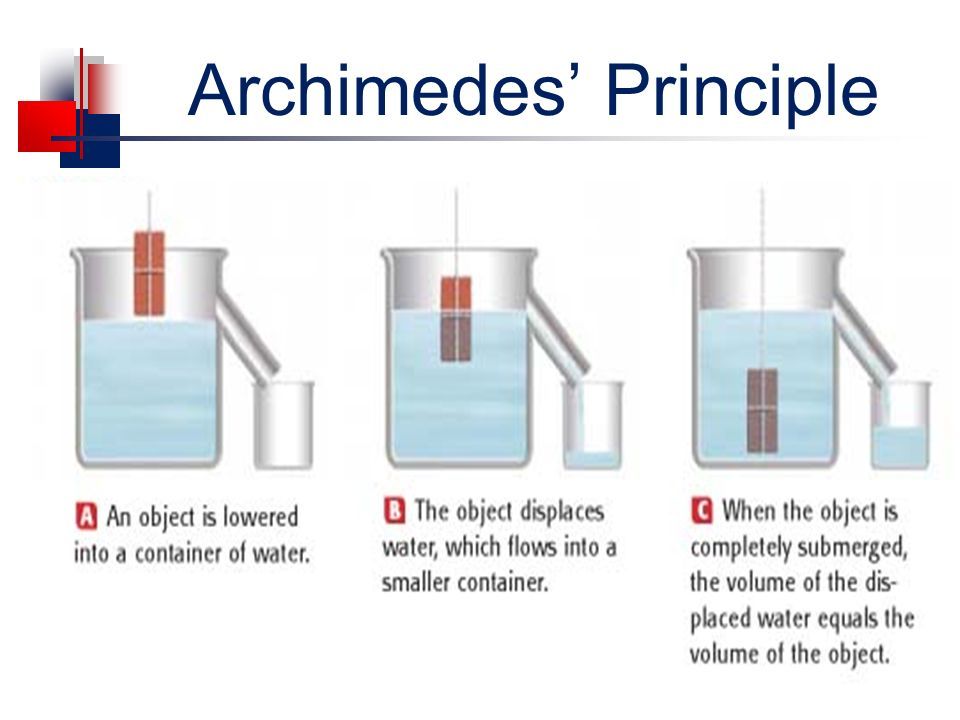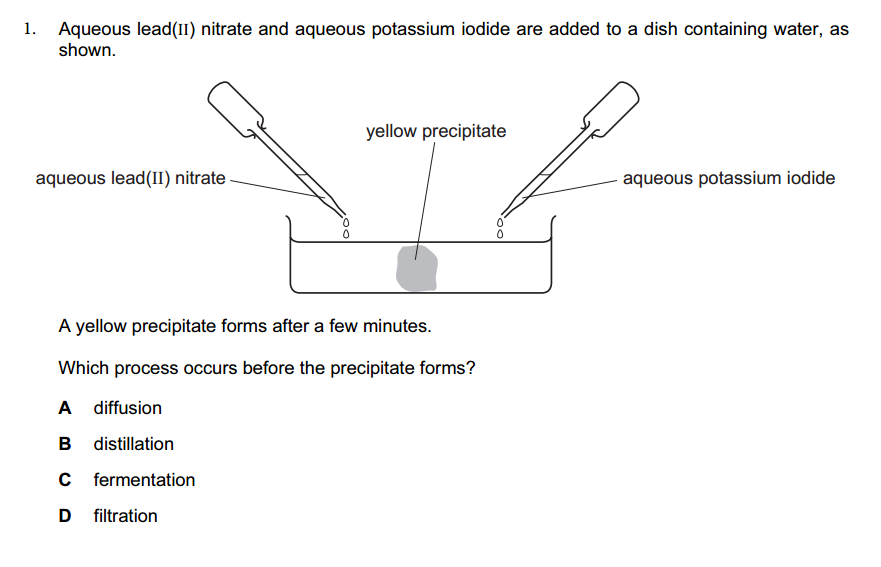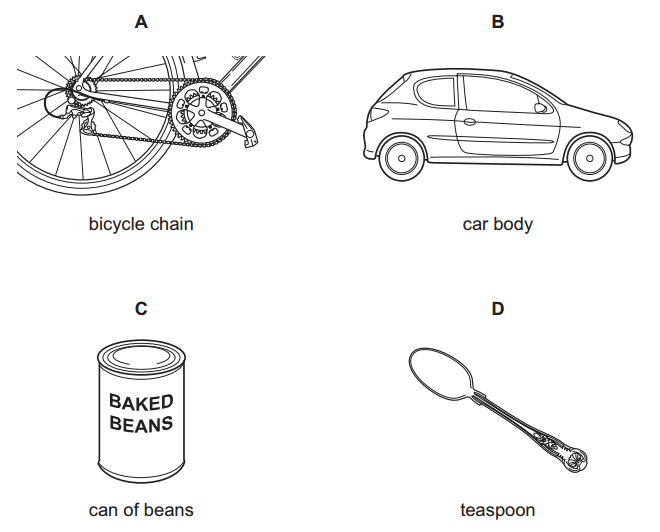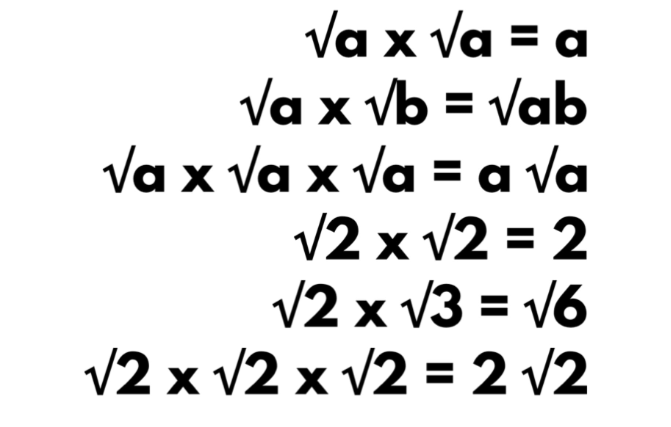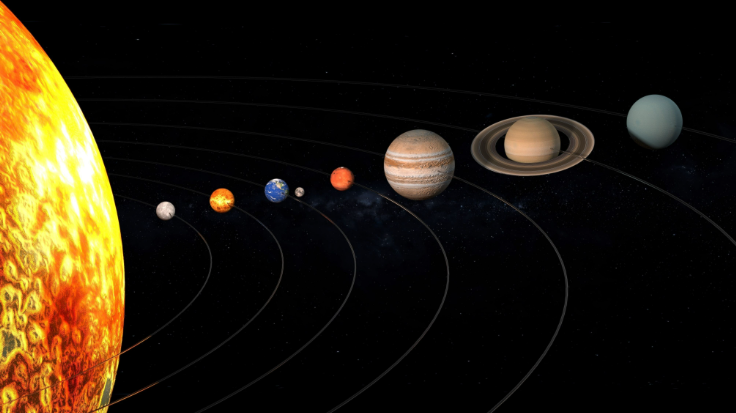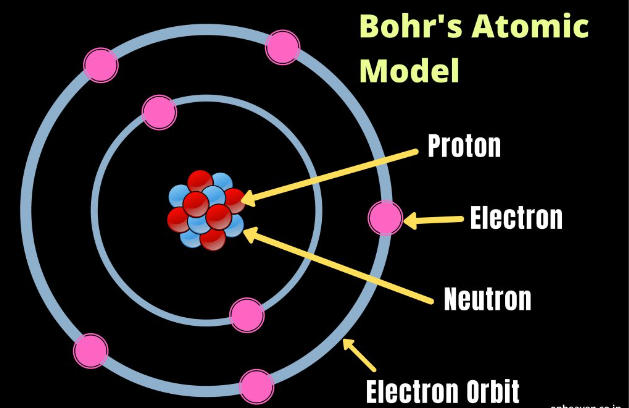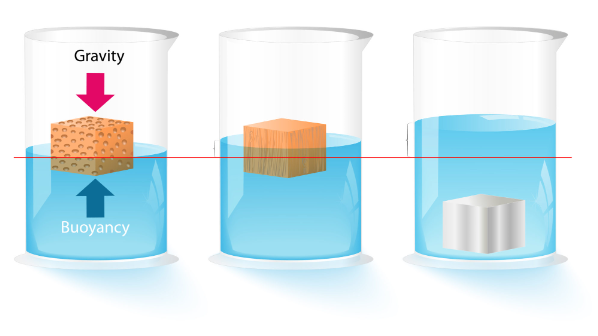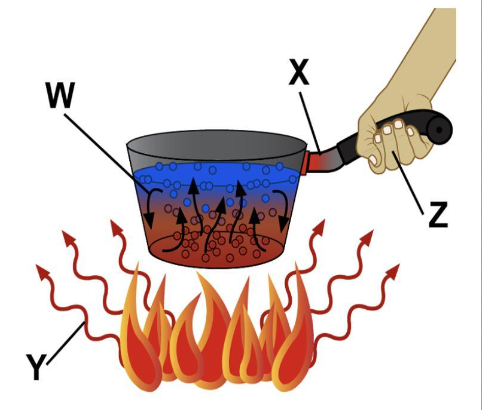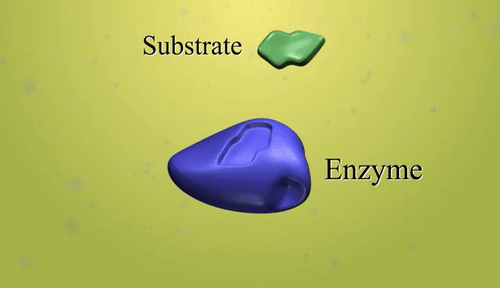A research proposal is a document that outlines the key elements and details of a research project. It serves as a blueprint for the proposed study and provides a comprehensive overview of the research objectives, methodology, timeline, and resources required. Here are some common features of a research proposal:
- Title: The research proposal should have a clear and concise title that reflects the main focus of the study.
- Introduction and Background: This section provides an introduction to the research topic, presents the research problem or question, and provides a rationale for why the study is important and relevant. It includes a literature review to establish the existing knowledge and gaps in the field.
- Research Objectives: The research proposal clearly states the specific objectives or research questions that the study aims to address. These objectives should be specific, measurable, achievable, relevant, and time-bound (SMART).
- Methodology: This section outlines the research design and methodology to be employed in the study. It describes the overall approach (quantitative, qualitative, or mixed methods), data collection methods, sampling techniques, and data analysis procedures. It should also address potential ethical considerations and how they will be addressed.
- Timeline: A research proposal includes a timeline or schedule that outlines the estimated duration of each phase of the research project. It helps to demonstrate the feasibility of the study and ensures that the research is conducted within a reasonable timeframe.
- Resources: This section details the resources required to conduct the research, including personnel, equipment, facilities, and materials. It may also include a budget estimate or justification for funding, if applicable.
- Expected Outcomes: The research proposal specifies the expected outcomes or deliverables of the study. It outlines the potential contributions to the field, practical applications, or theoretical advancements resulting from the research.
- References: A research proposal includes a list of references or a bibliography that acknowledges the sources consulted in the proposal. It demonstrates the researcher’s familiarity with the existing literature and provides credibility to the proposed study.
- Limitations and Potential Challenges: It is important to acknowledge any limitations or potential challenges that may arise during the research project. This helps to set realistic expectations and demonstrates the researcher’s awareness of potential obstacles.
- Conclusion: The research proposal concludes by summarizing the main points of the proposal and reiterating the significance and feasibility of the study.
It’s important to note that the specific structure and content of a research proposal may vary depending on the requirements of the research institution, funding agency, or academic discipline. It’s always advisable to consult the specific guidelines or templates provided by the target organization when preparing a research proposal.



